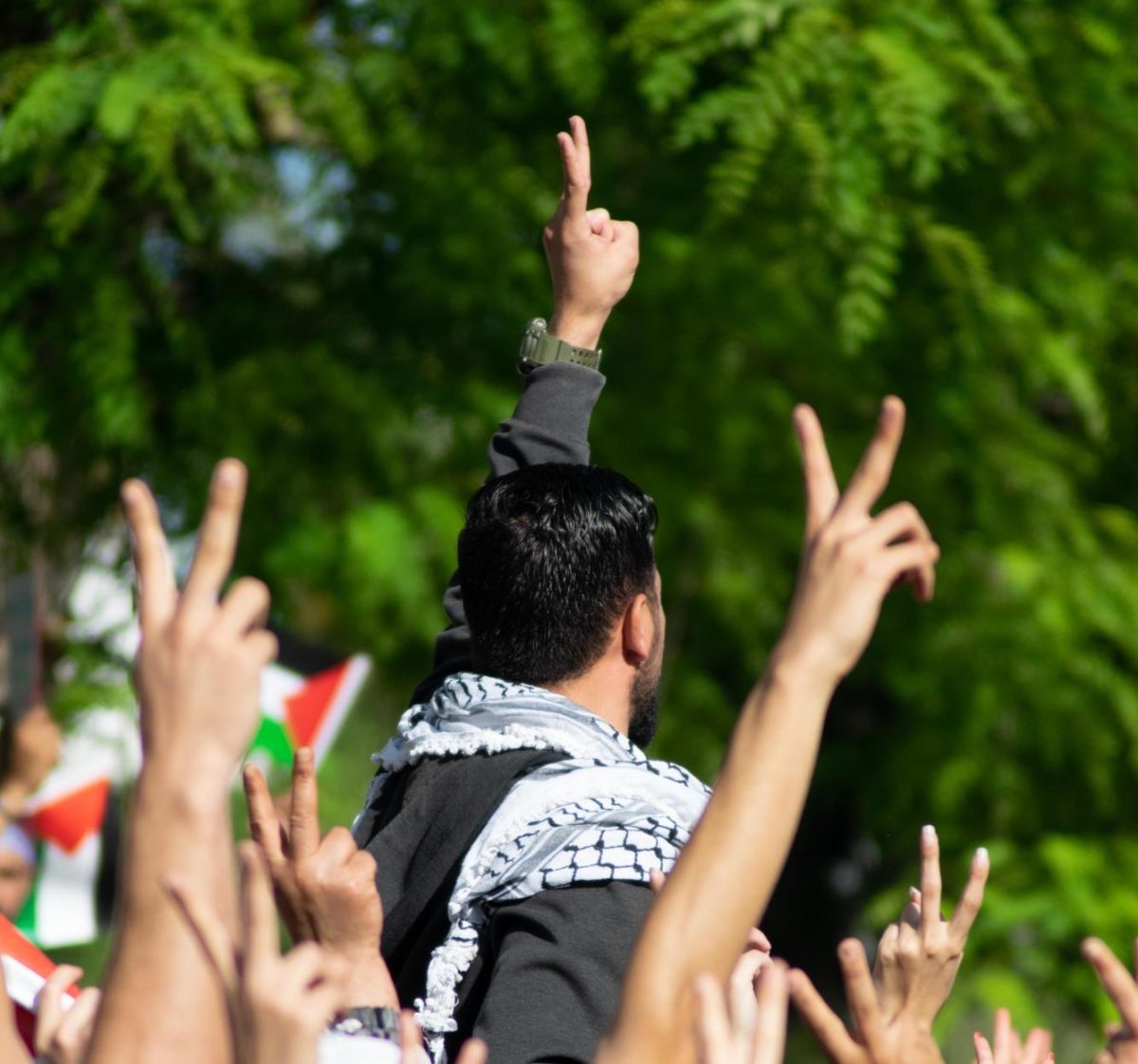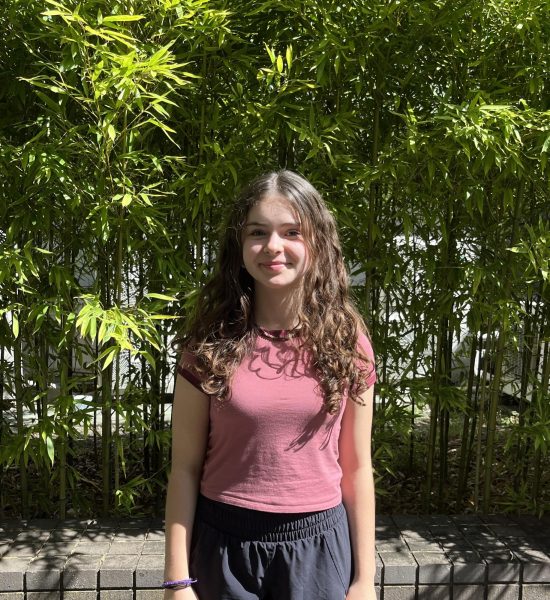On October 7, 2023, terror struck once again in the Middle East.
Thousands have died in the most recent conflict between Israel and Gaza and a hasty end to the fighting seems unlikely. The headlines are disturbing and sobering, and invite many questions. How should we interpret this crisis? What can be done to avert additional loss of life?
The geopolitics in the region are complicated, tensions run deep, and there are no easy solutions. But this is what ASIJ is trying to prepare us for: applying our learning to the real-world events unfolding around us.
In collecting my own thoughts on the issue, I was struck by the relevance of the research I had just done for a recent Model UN conference. We looked into the historical conflict over the Golan Heights and this gave me incredibly valuable context for what is now taking place in Israel.
Ninth grader Kosuke Nakatani and fellow MUN member explained a similar feeling. “Before the conference, although I was interested, I never had the opportunity to research deeply into the Israeli-Palestinian conflict,” he said. “Although the conference was about Israel and Syria, I intentionally went out of the way to research the Israeli-Palestinian conflict to gain a further understanding of Israel’s position in the international community towards other Arab states.”
A senior, Aarya Bharadwaj, added, “MUN has helped me understand that both sides of a story have value and by looking at multiple perspectives, you can form a more educated opinion.”
In fact, ASIJ has been making a concerted effort to teach students how to interpret varying perspectives with the implementation of Deep Learning. The intention is to help students become more informed citizens of the world, so that they can eventually be advocates for positive change.
“Classes that put a spotlight on current events such as AP Econ with Mr. Cancella and US History with Mr. Howe help students be more aware of these conflicts, the perspectives behind the different statements being put out, and the social and economic impact that these conflicts have on local, national, and international systems,” Aarya said.
Such deep learning already takes place in many classrooms and clubs around school, but ASIJ is still working diligently to make sure our learning is suited for the changing world. Ms. Carreon, a high school English teacher explained, “Recent developments like artificial intelligence and the integration of digital technologies in daily life require schools to reconsider what they teach and how and why they do it. ASIJ believes education must adapt, become more flexible, and respond to these influential factors.”
These changes are designed to help us become better global citizens. Learning about topics like the Israeli-Palestinian conflict are not just interesting, they are also important. Knowing about the world today can help us empathize and connect with others, understand how societies have both changed and stayed the same over time, and see how our actions can make an impact. History teacher Mr. Ghosh is optimistic: “What inspires me is the overwhelming number of students who want to make a positive change in the world.”
We live in a beautiful, but turbulent world full of complicated challenges and issues. But as ASIJ students, we have a responsibility to better understand our world and prepare ourselves to be positive forces for good. This is why debate, dialogue, and looking at issues from multiple perspectives are so important. We live in the real world, and our preparation for how to live in that world as informed, global citizens starts now.


